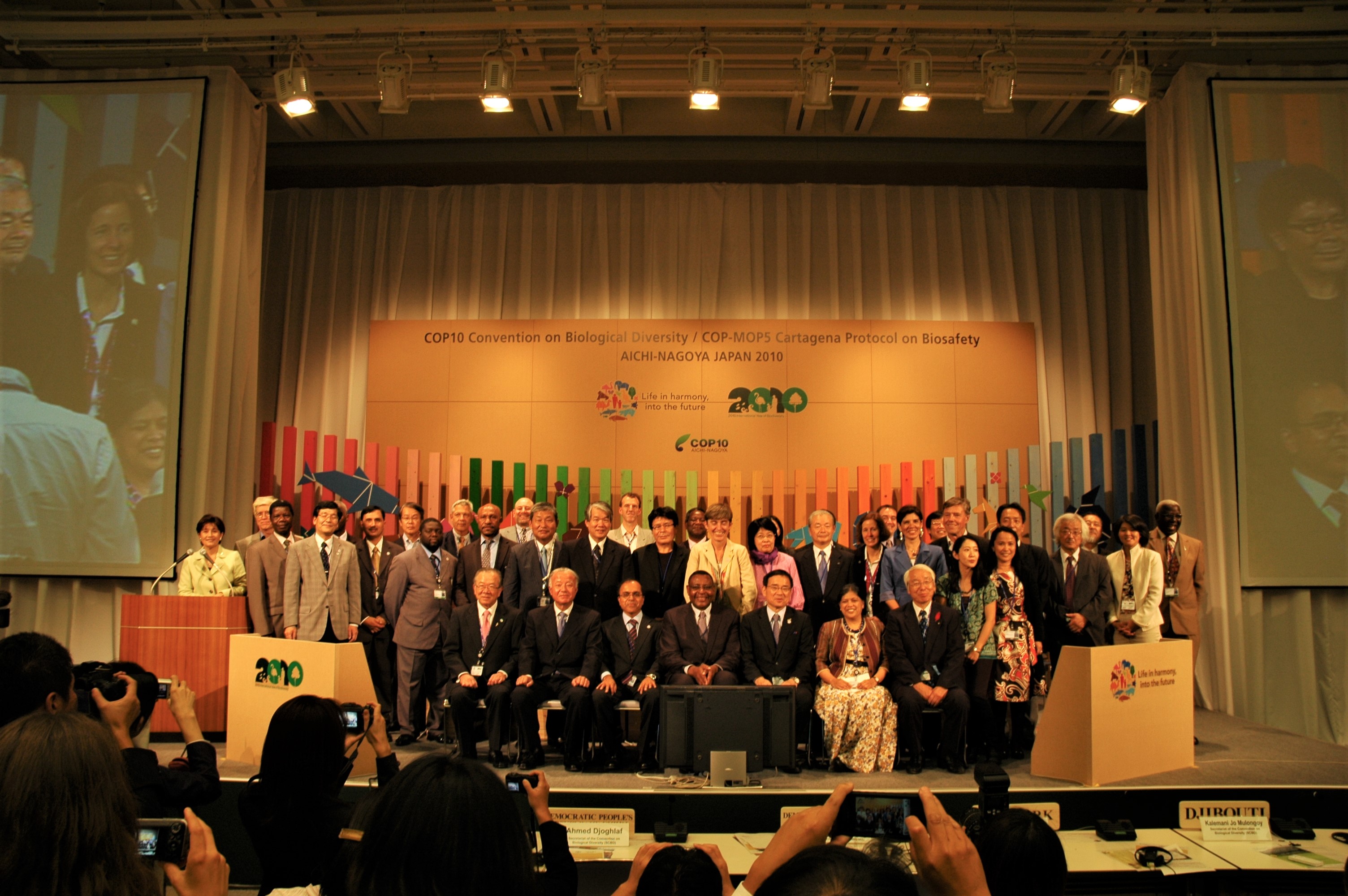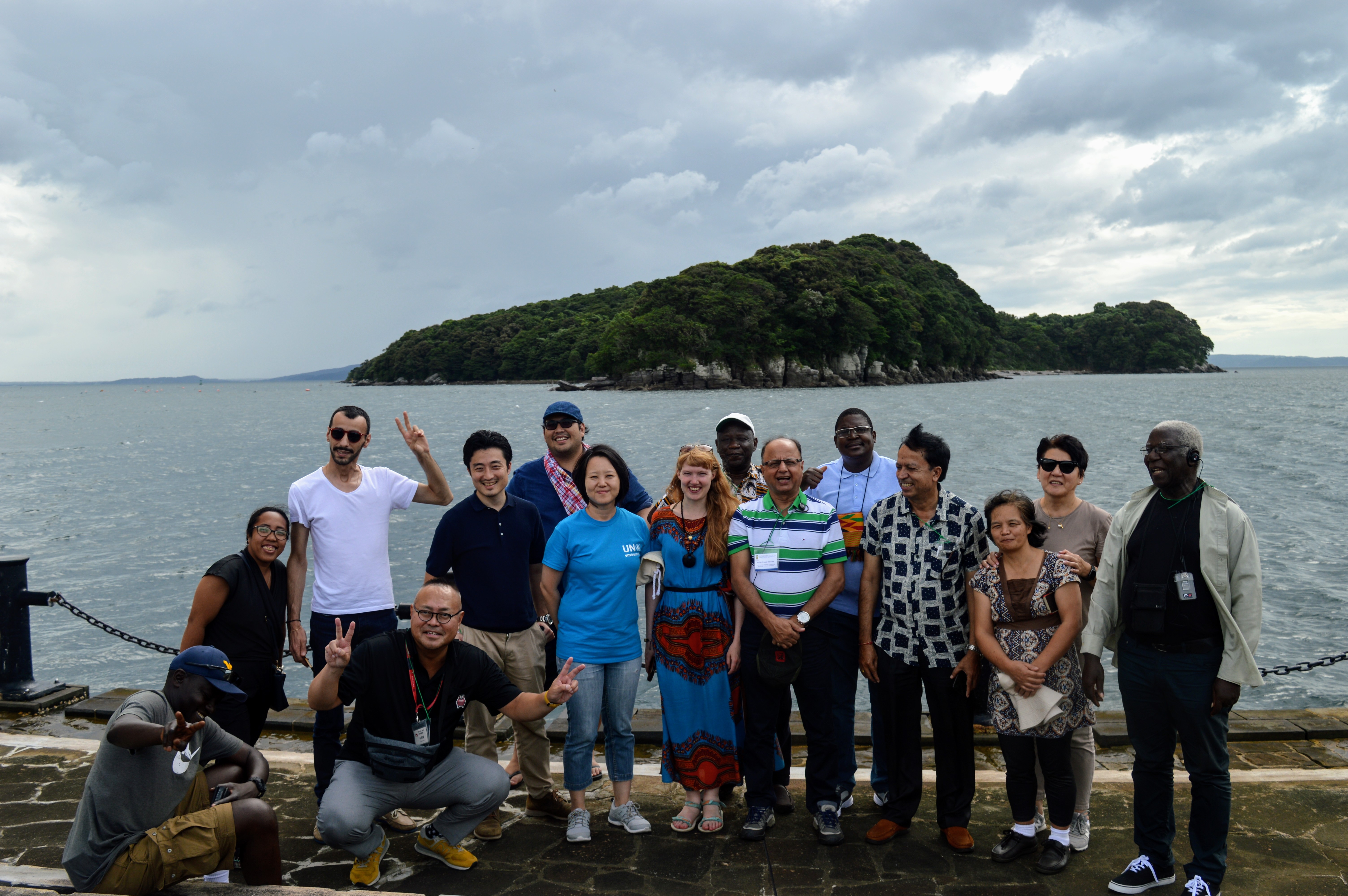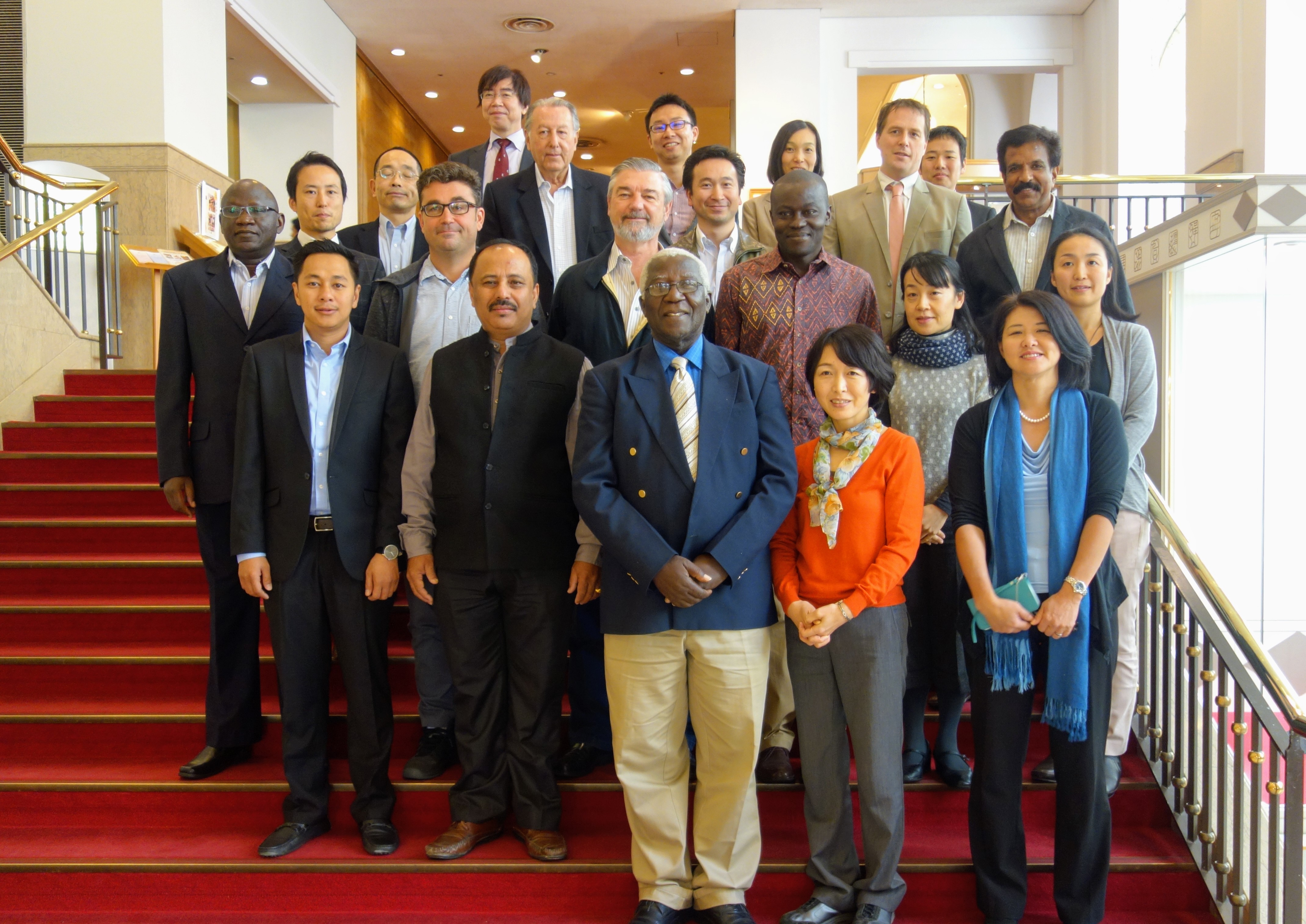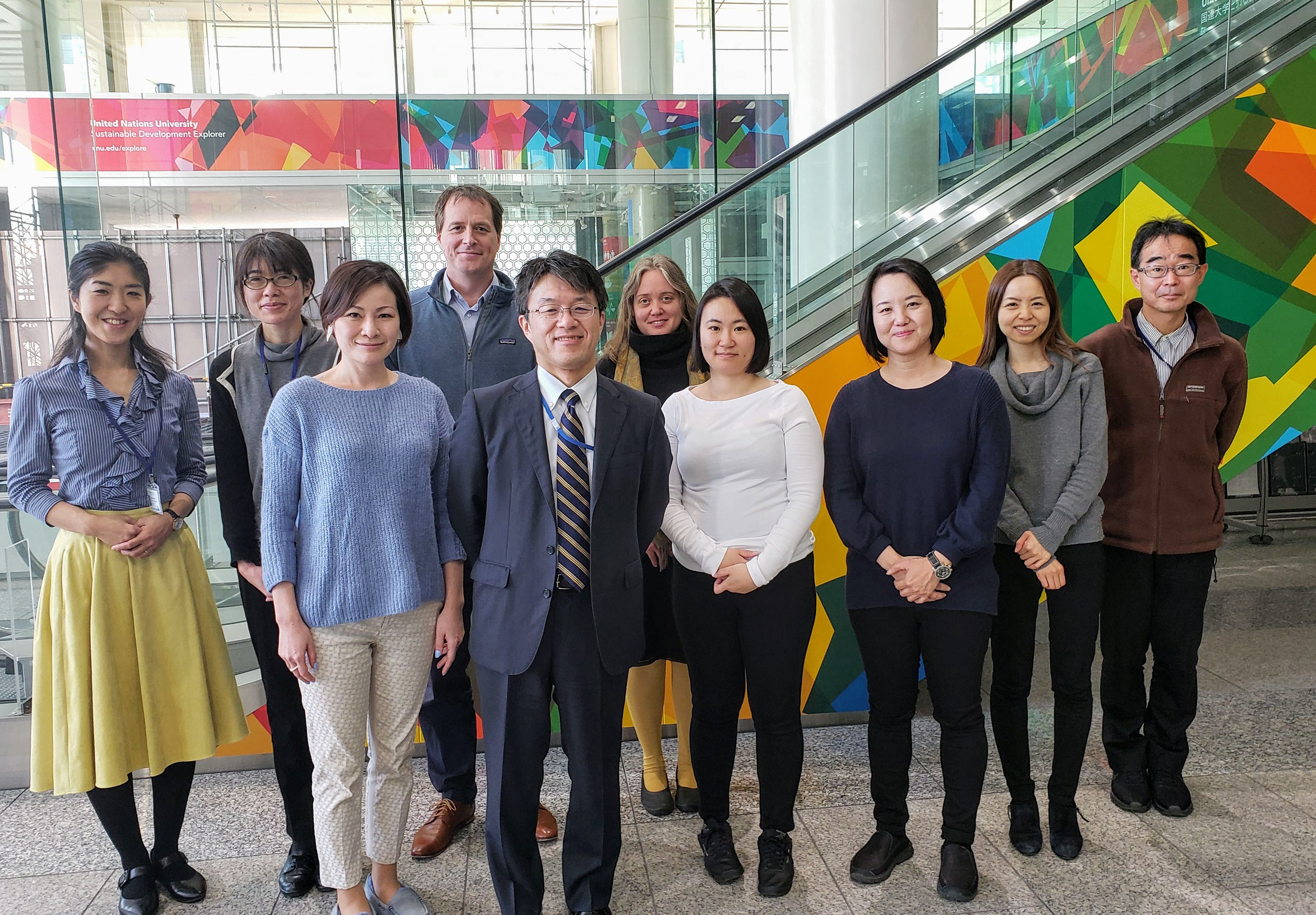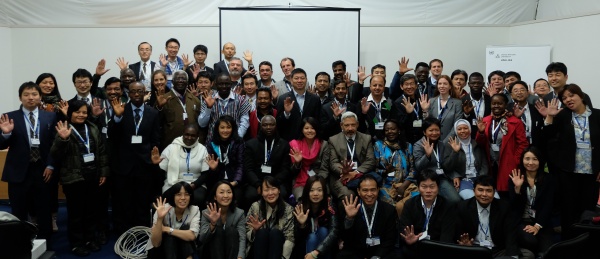What is IPSI ?

The International Partnership for the Satoyama Initiative (IPSI) is a partnership made up of hundreds of member organisations dedicated to working together to realize societies in harmony with nature. In many parts of the world, people have developed ways to utilize and manage their surrounding natural environment to sustain and improve their daily lives and production activities such as agriculture, forestry and fisheries. Based on knowledge and practices locally accumulated in such human-nature interactions over a long time, production activities and their management mechanisms have created elaborate systems that have continued to support local communities by providing foods, fuels, and other materials, nurturing traditions and culture, and maintaining ecosystems and biodiversity. However, they have been increasingly threatened by rapid socio-economic changes in recent years. Many have been converted into more uniform, efficient and large-scale production systems that often cause environmental degradation and loss of cultures and traditions. Therefore, it is important to explore ways and means for using and managing natural resources sustainably that benefit current and future generations. To tackle this critical issue, the Ministry of the Environment of Japan (MOEJ) and the United Nations University Institute for the Advanced Study of Sustainability (UNU-IAS: formerly the United Nations University Institute of Advanced Studies) jointly initiated the Satoyama Initiative. This international effort promotes activities consistent with existing fundamental principles including the Ecosystem Approach. IPSI was established in 2010 in order to undertake and facilitate a broad range of activities to implement the concepts of the Satoyama Initiative by diverse stakeholders.




